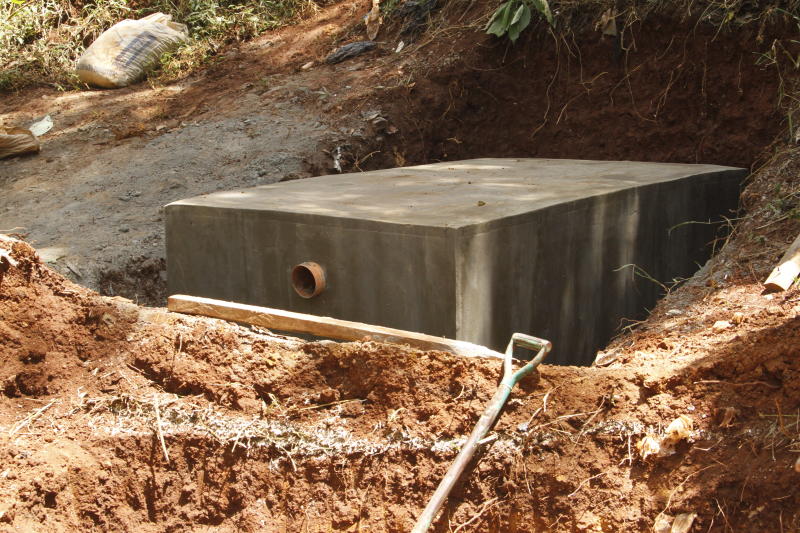×
The Standard e-Paper
Fearless, Trusted News

Going green and sustainability are common phrases today as people change their approach towards energy and waste management.
The government has, for instance, been championing the installation of solar water heating devices to make use of sunlight as a renewable source of energy. But a particular headache for many is waste management, especially for those who live or are putting up homes in places that are not served by proper sewerage facilities.